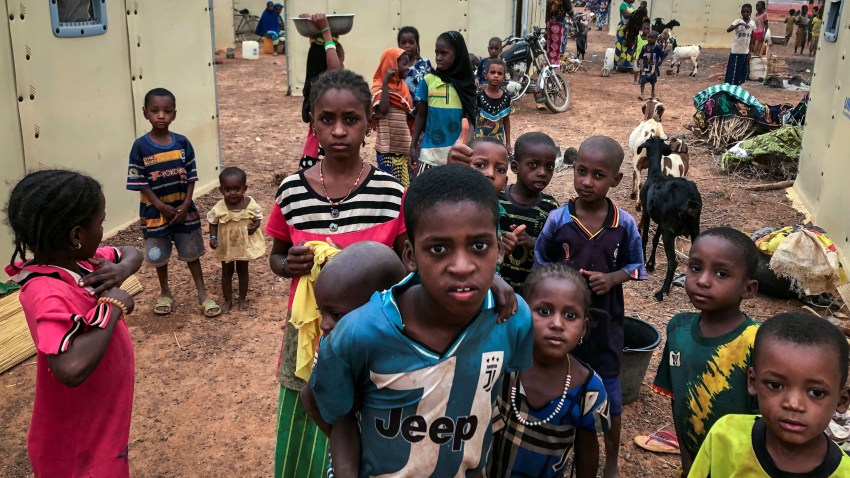For anyone whose family history includes a flight to safety from a suddenly dangerous homeland, the sight of videos showing fleeing refugees can echo hushed conversations at the dinner table or fading photographs in old family albums. Though I’ve spent my career studying border conflict and migration, images such as those of fearful ethnic Fulani women and children in Ghana facing deportation to insurgency-wracked Burkina Faso still evoke memories from decades ago of my grandparents reminiscing about war and displacement in Ukraine. Such moments serve as a reminder that the often-abstract debates over conflict resolution involve millions of people whose hopes and aspirations have been shattered by war.
Forced displacement of people like these and other Fulani refugees across the Sahel region is often discussed as if it is a force of nature that no one has the power to stop. Whether it is millions of Ukrainian refugees entering the European Union, Syrians fleeing civil war or Sudanese who have been internally displaced by factional fighting, such conflict-driven population movement reminds us that no state can insulate itself from societal collapse in its neighborhood. However different these conflicts might be from one another, the immense suffering they have caused raises the question of whether any external actors can develop effective strategies to prevent such devastating violence in the future.
With the collapse of their efforts to contain jihadist insurgencies in Mali and Burkina Faso, neighboring African states as well as France and the EU are faced with acute dilemmas when it comes to the mass displacement engulfing West Africa. The immense disruption caused by armed groups like the Islamic State in the Greater Sahara, or ISGS, and Jamaat Nusrat al-Islam wal Muslimin, or JNIM, has had a deeply detrimental effect on relations between ethno-sectarian communities. Yet alongside the recent carnage generated by these insurgencies, there are also deep-seated social tensions that have festered for decades, which both the jihadists and other authoritarian demagogues have manipulated to mobilize communities against each other.

